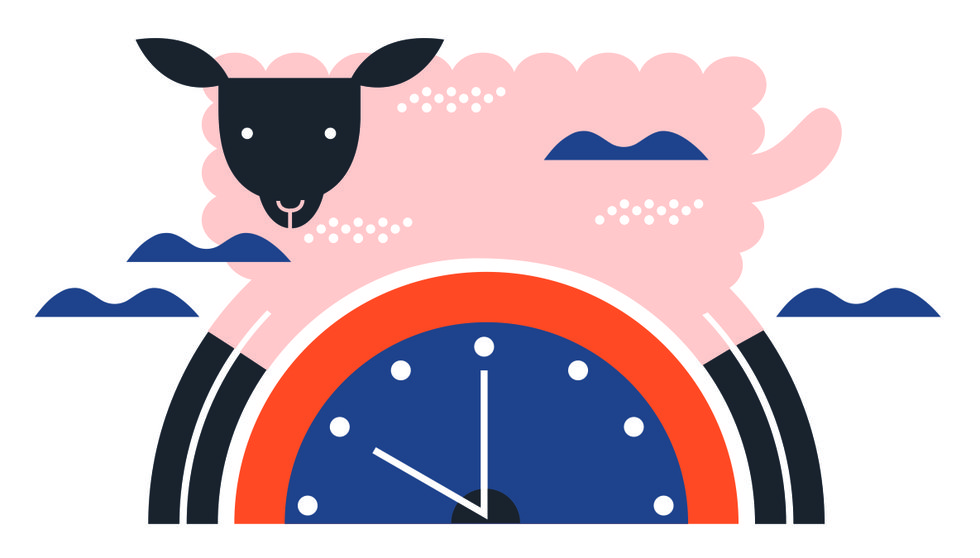
VLiving_countingsheep
Why having a regular circadian rhythm is necessary for good health.
Circadian rhythms affect how we feel every hour of every day—and no, they have nothing to do with cicadas. The word itself is formed from the Latin words circa, meaning “about,” and dies, or “day.”

Dr. Ignacio Provencio
At the most basic level, your circadian rhythm is a 24-hour internal clock that regulates your feelings of sleepiness and alertness, but it affects more aspects of your life than you might think. Dr. Ignacio “Iggy” Provencio, a professor of biology at the University of Virginia, tells us, “Circadian rhythms ensure that processes in the body are optimally coordinated with each other. … When the various circadian rhythms in our bodies become desynchronized from each other, sickness results, including gastrointestinal diseases, cancer, immune disorders, and metabolic syndrome, a condition that results in insulin resistance (a pre-diabetic condition), obesity, and a fatty liver.”
To ensure precise coordination of your circadian rhythm, Dr. Provencio advises “keeping a regular bedtime, waking at the same time every day, eating healthy meals at regular mealtimes, limiting or eliminating nighttime snacking, reducing consumption of caffeinated drinks after lunch, and regular exercise. Exposing yourself to sunlight during the day also will facilitate keeping your circadian rhythms in sync.”
Potential disruptors include jet lag, working through the night, and blue light from electronic devices such as cell phones. For adults 18 years of age or older, the CDC recommends seven or more hours of sleep each night, so grab your pillow, set your alarm, and get to sleeping!
This article originally appeared in our October 2020 issue.









